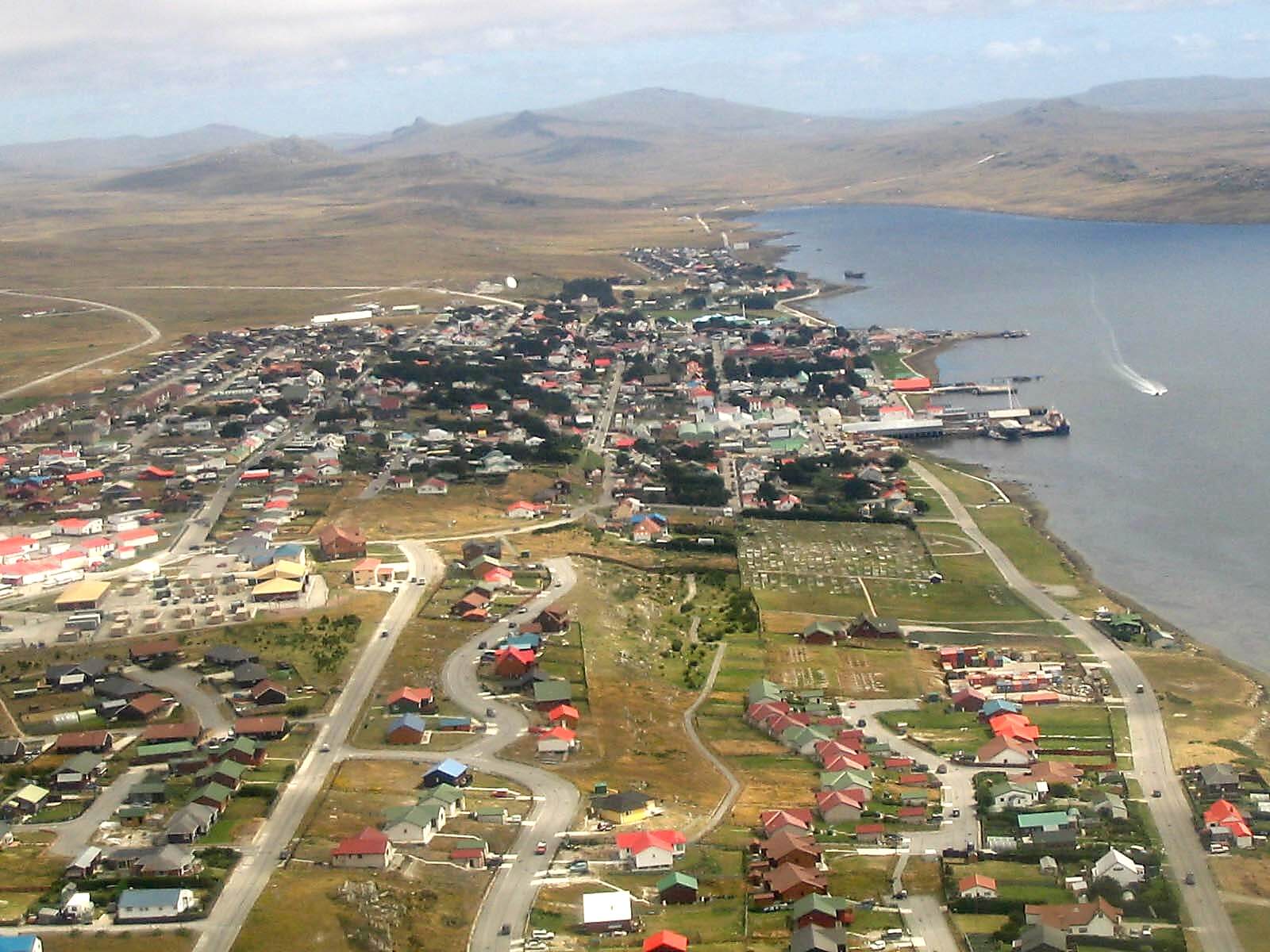I can’t explain all the social and political maelstrom I have seen through the years. But I have known times when crime was far less than it is today, and political disputation, in all its forms, wasn’t a cause of violence in the population.
Here are some fragments of the changes I have seen in different places. I parade these fragments from my life because of the sense of doom, the sense that violence could break out between the political extremes in the United States. In effect, we haven’t seen the end of the violence of Jan. 6, 2021.
When I was a teenager in the 1950s in the Central African Federation, a long-forgotten grouping of three British colonies in central Africa — (Southern Rhodesia, now Zimbabwe; Northern Rhodesia, now Zambia; and Nyasaland, now Malawi), the prime minister, Sir Roy Welensky, lived two miles up the road from my parents. Every school day, he would pull over his big black car, a Humber Super Snipe, and give me a lift to school.
He had no chauffeur, no security, and no sense that it was needed. Those were times when society was placid — not just placid, but very placid.
When I left school at 16 and became a reporter, the prime minister would drive me into Salisbury (now Harare), the capital, which was very useful. Often, he would pick up other car-less people, without regard to color, and drive them as far as the unguarded government buildings that housed his office.
There was no violence.
I hitch-hiked all over the federation and down to Johannesburg in the neighboring Republic of South Africa. No thought of personal safety ever crossed my mind. It would be unsafe and unwise to attempt that today. That peacefulness continued until the Zimbabwe war of independence, which started within a decade.
In 1960, I was in London, covering the legendary East End, an immigrant and working-class area. Peace reigned. I walked through the roughest dockside at midnight and later with no fear or concern for my safety. The only memory I have of being interrupted was by prostitutes enquiring whether I needed company.
At that time, one could walk up to the prime minister’s residence at No. 10 Downing Street without being stopped. A single, unarmed policeman was all there was for security.
Now, you can’t get near No. 10. Political violence and just malicious violence is everywhere. Street crime, muggings and knife attacks are common all over London.
I was in New York during the Northeast Blackout of 1965. I had to walk across the 59th Street Bridge into Queens to make sure the gas was turned off in a printing plant that belonged to a partner of mine in a publishing venture. There was no looting, no threat of violence. Indeed, there was a party atmosphere, and statistics show that many children were conceived during it.
By contrast, there was extensive looting and crime during the city’s major blackouts in 1977 and 2003. An ugly social indifference to each other had come into play.
I was in Rio de Janeiro in 1967, and after having partied late into the night, I walked the backstreets of the city without fear. The last time I was in Rio in the 1990s, security personnel would prevent you from leaving your hotel after dark and caution you not to walk alone during the day.
When riots broke out in Washington and elsewhere in 1968 after the assassination of Martin Luther King Jr., there was massive rioting, but the anger was against property. I walked around the city during the riot, particularly on 14th Street, its epicenter. Several rioters, loaded with looted goods, suggested where it might be best for me to walk or stand to avoid being knocked over by the surging crowds.
There was still a kind of social peace, a respect for one individual for another.
Fast forward to the invasion of the U.S. Capitol on Jan. 6, 2021. There was no such respect, either for people or the building and what it stands for, just mob anger.
About the U.S. Capitol: In 1968, it was easily approached and entered. You could take a taxi to the entrance under the archway, either on the Senate side or the House side, and walk in.
I offer these fragments from my own experience and pose the question that I can’t answer: How did we get to the state of social and criminal rage that is a global reality?







